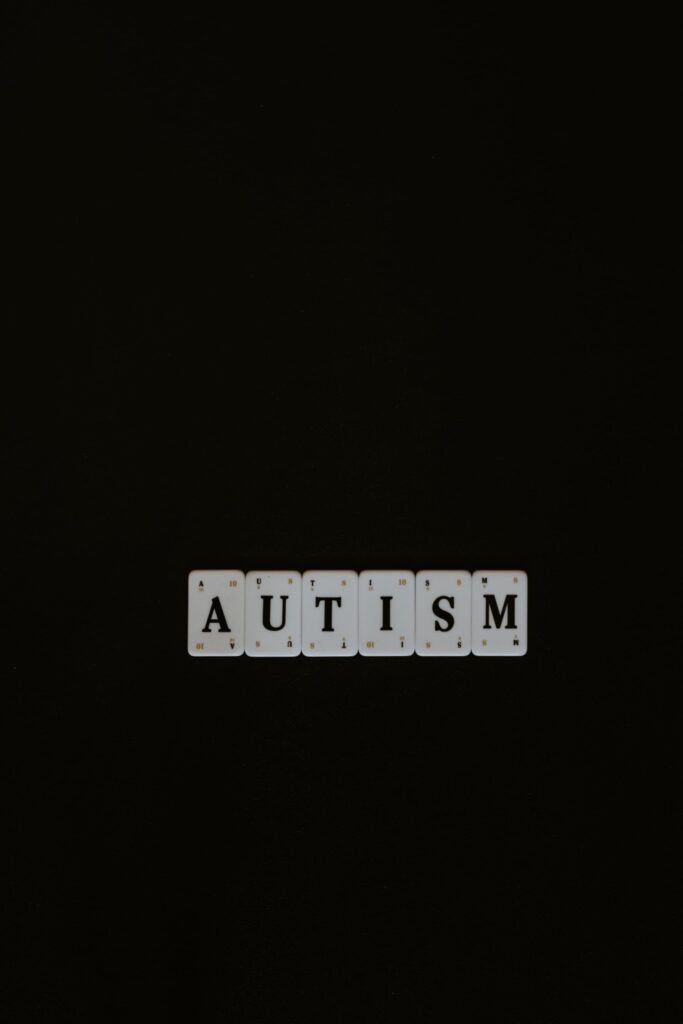
Introduction
Early intervention plays a critical role in the lives of children with autism spectrum disorder (ASD). By recognizing the early signs of autism and providing timely support, we can significantly improve outcomes for children and set them on a path towards optimal development. In this blog, Dr. Michael Hilton will explore the power of early intervention, discuss the importance of early detection, and provide strategies for addressing autism in children to promote their growth, learning, and overall well-being.
I. Understanding Early Signs of Autism
Social Communication Challenges: Pay attention to social communication behaviors such as limited eye contact, lack of response to their name, delayed speech or language development, difficulty initiating or maintaining conversations, or preference for solitary play.
Repetitive Behaviors and Interests: Notice repetitive behaviors, such as repetitive body movements or hand flapping, fixation on specific objects or topics, and resistance to change or transitions.
Sensory Sensitivities: Observe sensory sensitivities, including overreacting or underreacting to sensory stimuli, such as sounds, lights, textures, or smells.
II. The Importance of Early Detection
Early Intervention Outcomes: Research shows that early intervention can lead to significant improvements in communication skills, social interactions, behavior management, and cognitive development in children with autism.
Brain Plasticity: During early childhood, the brain is highly plastic and responsive to intervention. Intervening early can help rewire neural pathways, maximize learning potential, and facilitate better long-term outcomes.
III. Strategies for Addressing Autism in Children
Seek Professional Evaluation: If you suspect your child may be showing signs of autism, consult with healthcare professionals, pediatricians, or specialists who can conduct a comprehensive evaluation and provide an accurate diagnosis.
Individualized Treatment Plans: Collaborate with a team of professionals, including speech therapists, occupational therapists, behavior analysts, and educators, to develop individualized treatment plans tailored to your child’s unique needs and strengths.
Applied Behavior Analysis (ABA): ABA therapy is a widely recognized evidence-based intervention that focuses on teaching adaptive skills, reducing challenging behaviors, and promoting social and communication development in children with autism.
Speech and Language Therapy: Enroll your child in speech and language therapy to support language development, improve communication skills, and enhance social interactions.
Occupational Therapy: Occupational therapy can help address sensory sensitivities, fine motor skills, self-care skills, and improve overall sensory integration for children with autism.
Parent Training and Support: Engage in parent training programs to learn strategies for supporting your child’s development, managing challenging behaviors, and promoting positive family interactions.
IV. Building a Supportive Environment
Inclusive Education: Collaborate with educators and schools to create inclusive learning environments that provide necessary accommodations, individualized education plans, and peer support for children with autism.
Social Skills Training: Offer social skills training programs or groups to enhance social interactions, communication, and friendship-building skills among children with autism.
Community Support: Connect with autism support groups, community organizations, and advocacy networks to access resources, share experiences, and receive emotional support as a parent or caregiver.
Conclusion
Early intervention is instrumental in recognizing and addressing autism in children. By being aware of early signs, seeking professional evaluation, and implementing evidence-based interventions, we can provide children with autism the support they need during this critical period of development. Remember, every child with autism is unique, and individualized approaches tailored to their strengths and needs are key. Let us work together to raise awareness, promote early detection, and ensure that children with autism receive the early intervention that can positively impact their lives and unlock their full potential.